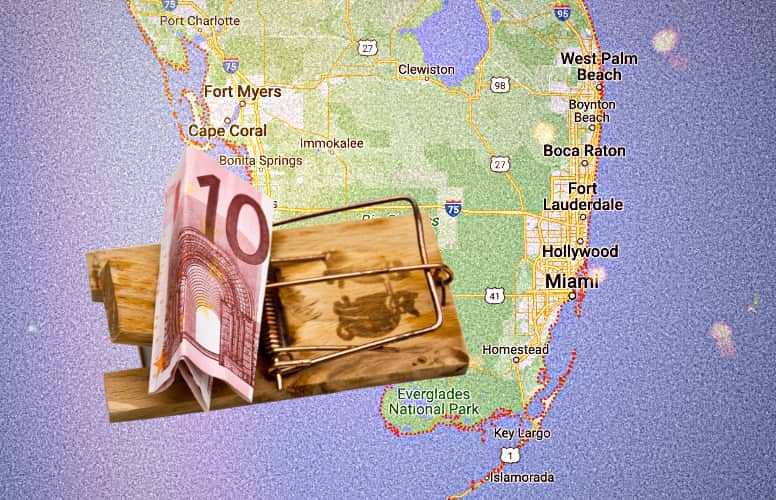Florida reforms could alleviate ILS concerns over prolonged trapping: AM Best

The recently enacted legislative reforms to Florida’s property insurance marketplace have the potential to alleviate some of the concerns of the insurance-linked securities (ILS) industry over prolonged trapping of capital, according to AM Best.
The rating agency has reviewed the set of reforms passed in last week’s Special Session of the Florida legislature and concludes that the legislative changes “will lead to much-needed relief to the state’s homeowners market,” but that this could take time to become evident.
“In the near term, capacity likely will remain limited with high reinsurance costs,” AM Best explained, saying that local insurers in Florida are likely to remain reliant on heavy use of reinsurance.
As a result, the Florida insurance market is going to need to continue accessing reinsurance and ILS markets for protection, even with higher costs evident as the global reinsurance market hardens.
So, one bright spot could be an increase in ILS market appetite for Florida and AM Best suggests that one of the reforms in particular could help to boost confidence in Florida among ILS fund managers and their investors.
“Should the measures eliminating assignment of benefits and one-way attorneys’ fees for property claims prove effective, they could materially lower insurers’ defense and cost containment expenses,” AM Best states.
But adds that, “Additionally, the reduction in the amount of the time to file a supplement claim could alleviate concerns in the insurance-liked securities market about capital becoming trapped for long periods.”
There are a number of changes in the new legislation regarding the validity of claims and period of time they can be filed.
Notice of property insurance claims must now be made within one year, instead of two.
But, specifically on the supplemental claim issue, this has been reduced to 18 months, halved from the three years it sat at before.
With three years until supplemental claims would stop being filed following a loss occurrence, cedents were more incentivised to hold onto capital and collateral, trapping ILS contracts for longer-periods than will now be necessary, as claims development should be a swifter process after major catastrophes in Florida.
This has ramifications for all types of ILS contracts exposed to property loss events in Florida, so could be seen as positive by ILS managers and their investors, perhaps one of the main legal changes that could help to rebuild their confidence in Florida’s property insurance market.
With litigation and fraud perhaps lessened after these reforms and the time period claims can be filed within shortened significantly, the environment for deploying reinsurance capital into Florida looks like it could be more appealing.
While this element of the Florida property insurance reforms could be a positive, for reducing the chances of prolonged trapped ILS capital after losses in the state, overall AM Best believes the reforms will have a positive effect, but not immediately.
“Legislators have taken aim at elements influencing rising reinsurance costs, but how material the potential savings for insurers will be under the new legislation will depend on whether the private reinsurance market interprets the most recent actions as viable mitigations since the risk of catastrophe losses remain,” explained Chris Draghi, associate director, AM Best.
The “inherent risk profile” of Florida property insurance business will continue to drive pricing, as well as the balance of policies issued by private markets, versus Florida Citizens, AM Best said.
But, the rating agency does note that the new legislation designed to shift policies back to the private market is also positive over the longer-term, as this should “help move the market toward actuarially sound pricing.”
“The five largest national homeowners insurers account for over 50% of the U.S. market outside of Florida, but just 15% of the market in Florida, demonstrating just how dire the situation is,” added Sridhar Manyem, senior director, industry research and analytics. “The legal environment and reinsurance market are two significant issues addressed by the special session that may ultimately make the market more attractive, but the effectiveness of reform will require time.”
With the reinsurance market much harder now and set to stay that way at least through next June, the timing for most of the Florida renewals, there is a chance of some relief for property insurers operating in the state, but then new legislation may still be taking effect at that time it seems and it may be too soon for reinsurance confidence in Florida to have returned.
“How material the potential savings for insurers will be under the new legislation will depend on whether the private reinsurance market interprets the most recent actions as viable solutions that may influence their established rates and how the final private rate on-line compares to that of the Florida structure,” AM Best cautions.
Read all of our news and analysis on the Florida insurance and reinsurance market.






